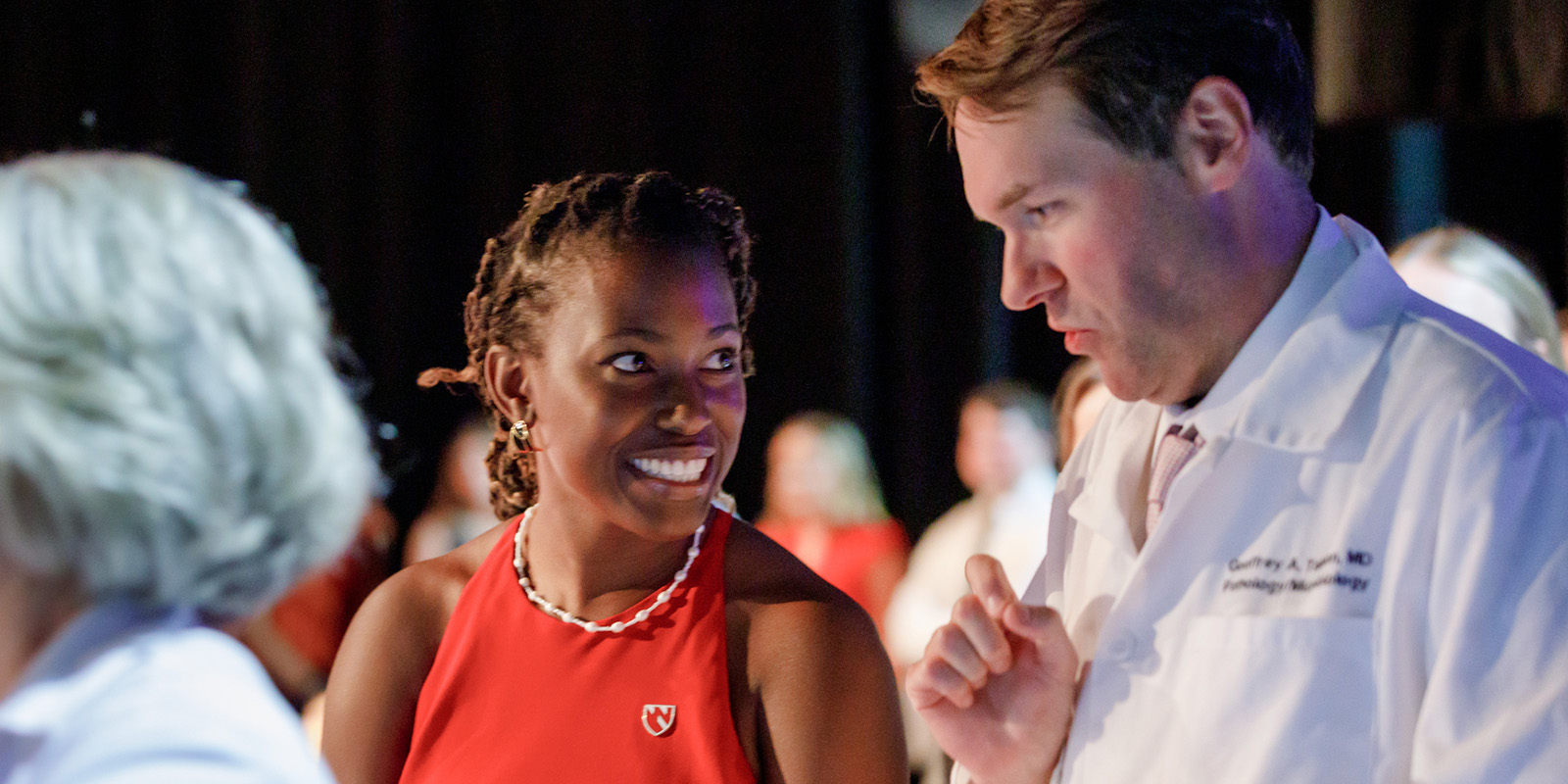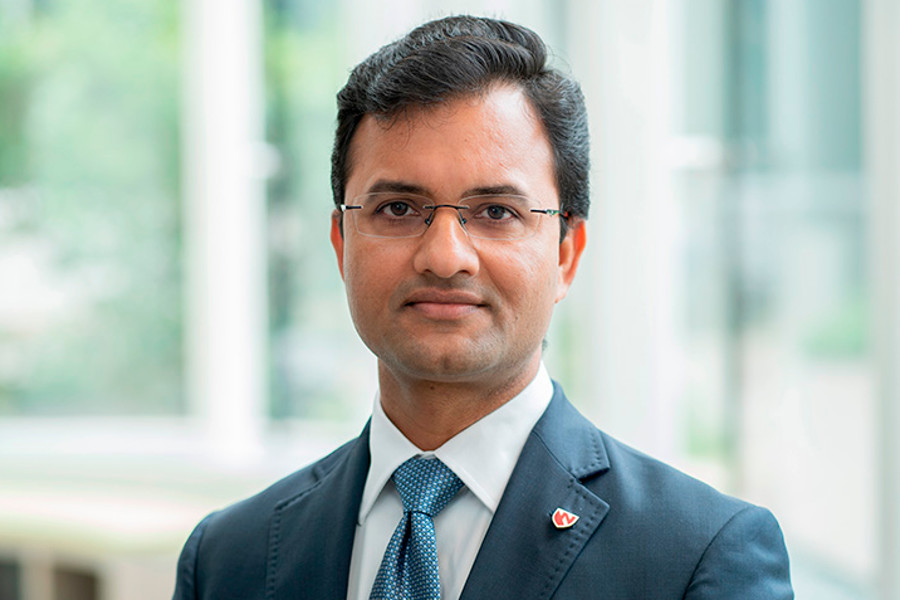
News & Events
Our Focused News

On a specialist team, Dr Pradhan diagnoses rare Erdheim-Chester Disease, helps save a patient's life
01/26/2026 | Ellen Grady, Nebraska Medicine NOW
CAP is ready to help pathologists meet challenges, group's president says
02/10/2026 | Duane Retzlaff, UNMC Department of Pathology, Microbiology and Immunology
Dr. Larson wraps up career in scientific research
02/10/2026 | Duane Retzlaff, UNMC Department of Pathology, Microbiology and Immunology
Trainees contribute to department's research output
02/10/2026 | UNMC Department of Pathology, Microbiology and Immunology
The Latest News
Events, Seminars & Conferences
We want to hear from you!
We are seeking to enhance our ability to share educational opportunities, social events, and other news. We look forward to receiving your contact information and preferences if you wish to stay in touch. Please complete this brief form.

DPMI X
Instant news on our department can be found on our X account.